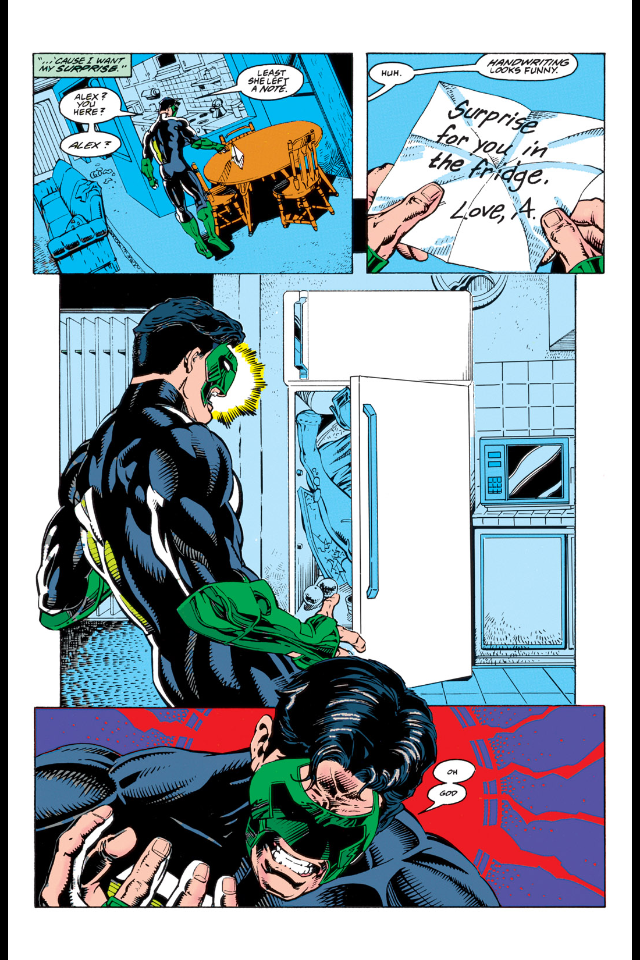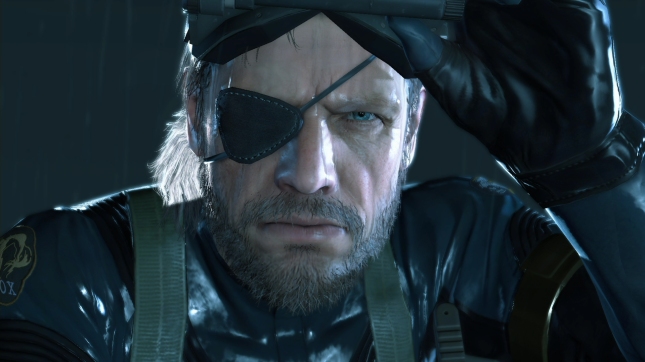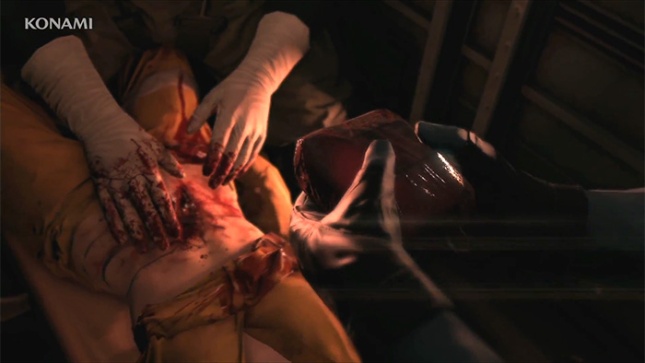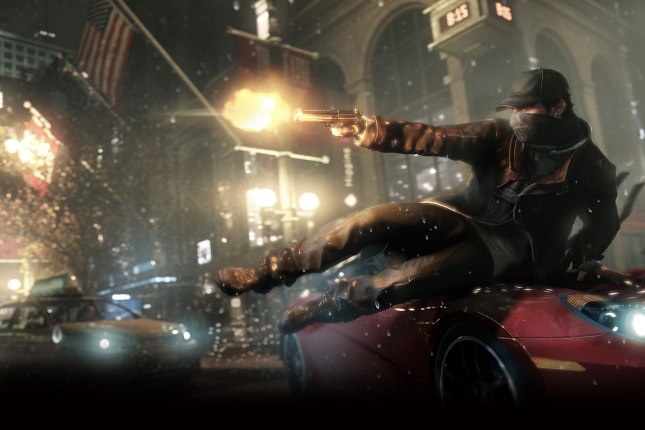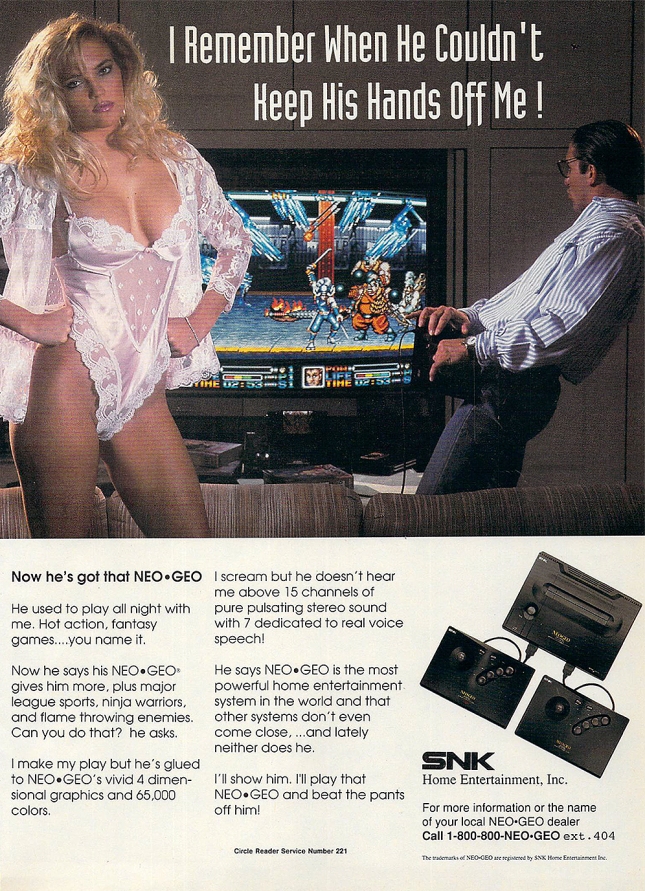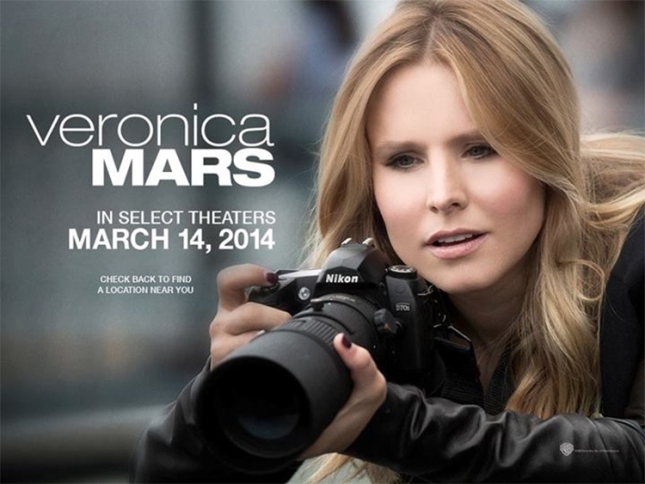We Prometheans have been a tad busier this summer than we thought we would be, and that’s made it hard to keep up with our regular posts. We love bringing you a new article every week, but there comes a time when we just have to take a break. We’re coming up on our one-year anniversary, and I couldn’t be prouder of what we’ve accomplished. With the exception of last December, we’ve been going strong for nearly a full year!
With that in mind, we’ve decided that we have earned a little bit of a rest, but we’ll be back in September with our trademark brand of geekiness that folk have come to expect. In the mean time, I am going to be doing a Friday Feature here and there, just to keep the dust from settling.
Welcome to the Promethean Playground Summer Spectacular, where we recommend our favorite beach reads, shows to binge-watch after the sun goes down, and games to play when it’s just too hot. And maybe we’ll throw in a cocktail recipe here and there to keep it fresh.
Beach Reads
I’ve always thought it was a little bit unfair to the beach that the only books we ever bring out there are harlequin romances and bottom-shelf fantasy. I get that we want something that’s relatively easily digestible when we’re relaxing in the warm, salty coastal breezes, but there’s something to be said for taking that time to really delve into a book you’ve been meaning to read for years!
Last year my summer book was Ishmael by Daniel Quinn, the year before that I brought Tolkien’s The Hobbit to the beach – both books I had started long ago and never finished until I carved the time out of my summer vacation to get going with them again!

I’m going to recommend classic sci-fi for you all as this week’s beach read: Dune by Frank Herbert. I read this one something like 5 years ago between shifts bar-tending at a lakeside resort in Texas. I’ve written about this story before on the Playground, so long-time readers will be familiar with some of my thoughts, but there’s a lot about Dune that appeals to me. It’s a different kind of sci-fi than I’m used to. Interstellar travel is available in Dune‘s universe, but it is costly. There’s a mystical/spiritual/religious element to the story of Arrakis (the desert planet on which Dune primarily takes place), which I really enjoy. And Dune sets up a complicated political landscape that makes for good dramatic storytelling.
Binge-Watch Shows
I always think winter is a better time to pack on new shows to binge-watch, because that seasonal affectiveness disorder makes you not want to leave the couch anyway, but never-the-less we all have to come in from the pool at some point in the summer, right? So if you’re not caught up on your favorites, why not then?
This week I’m going to tell you that, if you haven’t by now, it’s time to watch Avatar: The Last Airbender. The follow-up show to Avatar, Legend of Korra, just began it’s third season and it served to remind me how absolutely amazing Avatar: The Last Airbender really was. (NOTE: We are talking about the Nickelodeon cartoon, not the pathetic attempt to make the cartoon into a movie.)

This show was and still is, broadly speaking, my favorite show ever. Sure I enjoy other things here and there, but Avatar has it all: humor, action, drama, characterization, a complex and compelling setting, and feelings (I weep like a child in season 3 when [spoiler redacted] reunites with [spoiler redacted], and there’s nothing anyone can do about it).
Fun fact about Avatar: The Last Airbender – each of the trademark “bending” styles is based primarily on a real-world martial art style. Airbending is based on a style called Ba Gua, which is reflected in Aang’s quick, circular movements. Waterbending is based on Tai Chi, which emphasizes slow, flowing movements that are more interested in healing than aggression. Earthbending is based on a style called Hung Gar, which uses strongly-rooted stances and powerful strikes. Finally, Firebending is based on Northern Shaolin kung fu, which is an aggressive, fierce, and powerful martial art, much like the benders from the show.
Summer Games
In the video game world, the summer slump is the time right before big publishers begin gearing up for their Fall and Christmas releases, where they expect to make their real money for the year. In spite of that (or maybe because of it) Steam has a now-infamous Sale every summer where games are marked down by very enticing amounts. I feel like I was pretty responsible this year, with the Steam Sale, and I still ended up buying about 8 new games. Summer gaming slump, my butt, now my backlog is even more embarrassing!

In any case, I think summer is the best time to plop down on the couch and play games with a pal, so I’m going to tell you to check out a game called Monaco: What’s Yours is Mine. As you might guess from the little subtitle there, Monaco is a heist-themed game. Players can choose from a handful of characters with different skills (knocking out guards, picking locks, digging tunnels, etc.) and play their way through increasingly difficult scenarios with up to 3 friends at a time. It’s a great same-couch game because it actually requires a lot of communication, especially as the difficulty escalates, and you just can’t beat physical presence for communication, no matter how awesome your mic is.

